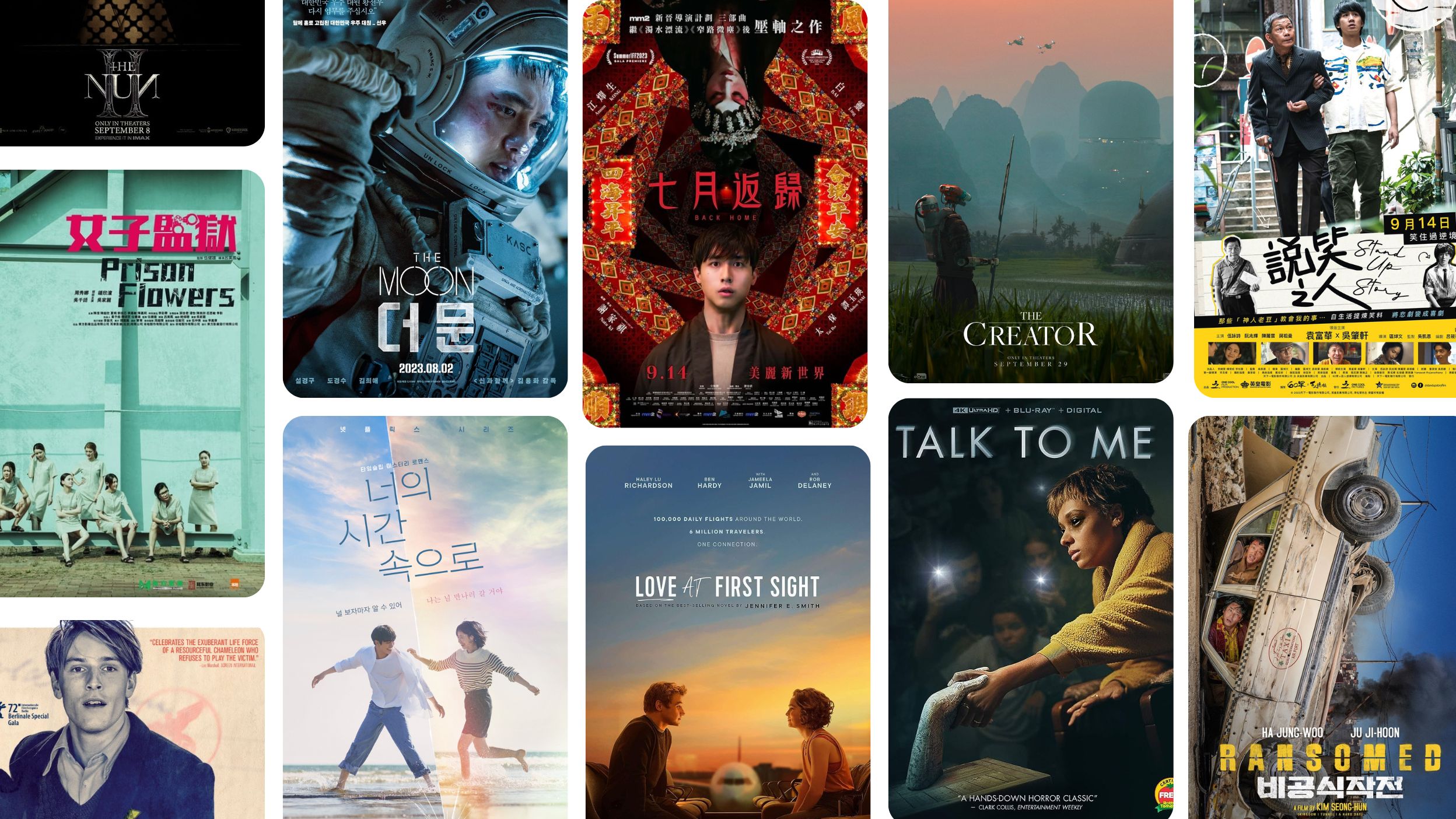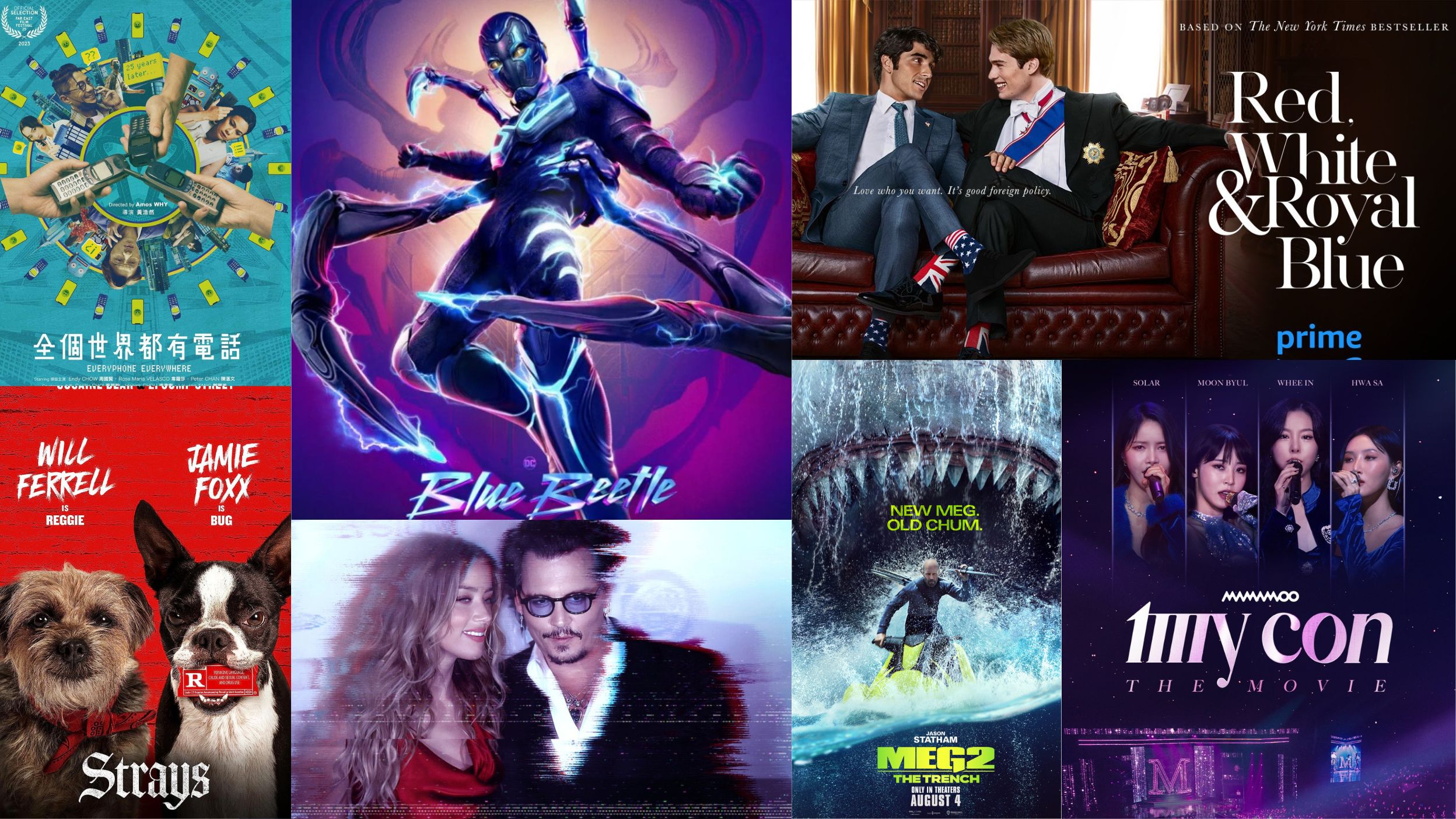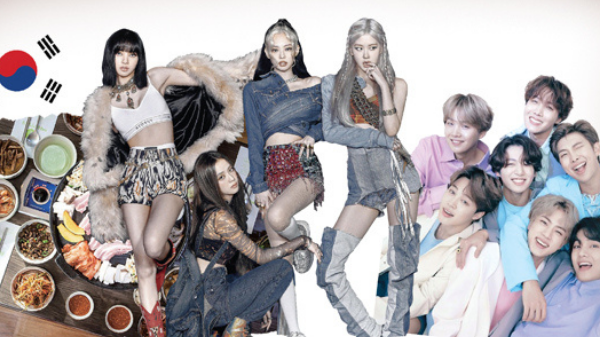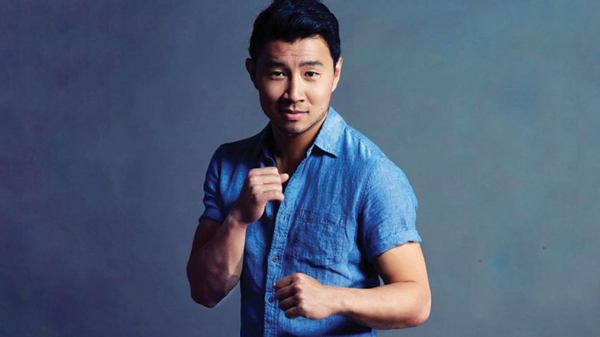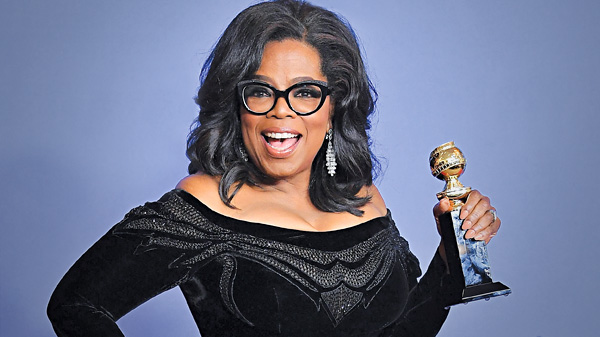
Oprah Winfrey: American Idol or Savvy Media Queen?

Oprah Winfrey is North America’s first multi-billionaire woman of colour, she’s an international icon, a force of nature and even tipped as the best bet for de-Trumping the White House come the 2020 US elections.
As a black woman born in 1954 in Mississippi, her life should have followed the standard narrative of the time – discrimination, poverty, violence and lack of opportunity. Raised by her grandmother on a small farmstead, her highest aspiration could have been to secure a safe job as a domestic servant in one of the state’s less-openly racist households.
And even that would have been denied her. Raped when she was just nine-years-old, she was pregnant by the time she was 14, with sexual abuse an everyday feature of her teenage years.
Despite all this, she persevered with her education, ultimately winning a full scholarship to Tennessee State University. Success in local beauty pageants and a move into radio presenting soon followed. Within three years she was the youngest news anchor and the first black female news anchor on a Tennessee TV station and taking the first steps to becoming the global, multi-media icon she is today.
Oprah Winfrey never forgot the deprivation of her early days, however. Speaking at the 75th Golden Globe Awards in January this year, she said: “Tonight, I want to express gratitude to all the women who have had to endure years of abuse and assault just because they – like my mother – had children to feed, bills to pay and dreams to pursue.” (Read more here)
While many of her commentaries and addresses have made headlines over the years, this one struck a particular chord. Coming amid allegations of embedded sexual abuse within the Hollywood star system – revelations triggered by the outing of movie mogul Harvey Weinstein as a serial molester – Oprah’s words were seen as a clarion call for down-trodden women everywhere.
The fact that she was speaking against a backdrop characterised by the weaponised sexism wielded by Donald Trump, the 45th US president, made her speech still more potent. Indeed, it was this occasion that sparked the “Oprah for President” movement, with millions of Americans seeing her as the perfect antidote to Trump.

The furore that surrounded her appearance almost obscured the significance of the occasion. As the recipient of the 2018 Cecil B. DeMille award, she became the first black woman to be given this particular accolade, one of the highest honours in the world of entertainment.
This honorarium aside, her many fans – including Steven Spielberg, the legendary film producer – were quick to endorse her as a potential presidential candidate, with the hashtag “#Oprah2020” soon trending on Twitter.
Presidential aspirations aside, America’s relationship with Oprah Winfrey has been multi-faceted. As the first black billionaire, she is shero-worshipped as a role model by her own community while, as a woman, she has become the poster girl for neoliberal feminism.
It is not even too much of a stretch to say that her career has, effectively, put the whole of the US on the therapist’s couch. The Oprah Winfrey Show – the groundbreaking talk-show that brought her to international acclaim during its 25-year run – saw her pioneer the so-called confession culture. This saw her create an environment where guests – and Oprah herself – could confess to past misdemeanors, come clean about current scandals and pledge to make amends.

But this approach to life has been perceived as too simplistic by some. Assessing the shortcomings inherent in the TV presenter’s worldview, Christina Greer, associate professor at Fordham University, said: “As much as we know Oprah Winfrey, we don’t know her. She’s been ever-present in our living rooms for at least 35 years now, but do I really know how she feels about the welfare state?
“While I know she owns multiple houses, I don’t know where she stands on housing policy. I do know she’s a lot more inclusive than our current president and, for many people, that seems to be enough. One great speech, though, should not necessarily make someone a preferred presidential candidate when we already have a lot of better qualified women.”
That may be so, but with so many in her divided nation urging her on, the girl from Mississippi may just take up this ultimate challenge.
Text: Suchetana Mukhopadhyay



